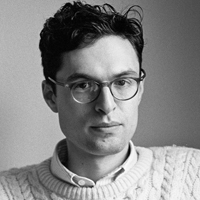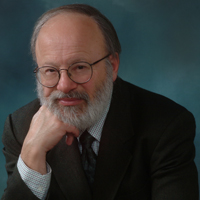Carl Wieman

Carl Wieman was a Distinguished Professor of Physics and Presidential Teaching Scholar at the University of Colorado at Boulder from 1984 to 2006 and still retains a part-time appointment at that institution as Director of the Colorado Science Education Initiative. In January 2007, he joined the University of British Columbia as the director of the Carl Wieman Science Education Initiative. His research in atomic physics and laser spectroscopy has been recognized with numerous awards, including the Nobel Prize in Physics in 2001. Ordinarily, the constituents of matter move or vibrate in chaotic disorder. In a gas, for instance, molecules zip at high speed every which way. Not so in a highly unusual state of matter called a Bose-Einstein condensate. In a way, all the myriad constituent atoms of such a condensate behave like a single atom, moving and vibrating in perfect unison. That such a state of matter exists was first theorized in the 1920s; 70 years later, Carl Wieman and his colleagues were the first to create a Bose-Einstein condensate in the laboratory.
Wieman has worked on a variety of innovations in teaching physics to a broad range of students, including the Physics Education Technology Project, which creates educational online interactive simulations and studies their effectiveness. He is the Chair of the National Research Council’s Board on Science Education.







 Share
Share








